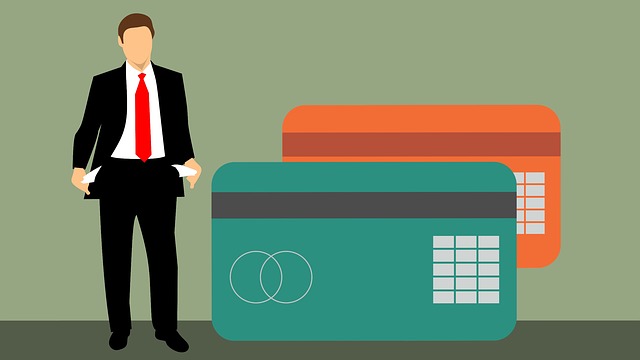Are you struggling to pay off your debt? You’re not alone. Millions of people are in the same situation. In this blog post, we will discuss some strategies that will help you get out of debt as quickly as possible. Follow these, and you will be on your way to a brighter financial future!
Because everyone has a distinct circumstance, the debt resolution that works for you may be ineffective for someone else. Here’s a brief summary of six of the most frequent debt repayment options. Which ones appear to be the best candidates for your specific scenario?
Debt settlement
Debt settlement is a type of debt negotiation in which you negotiate with your creditors to settle for less than the total amount owed on your debt.
How it works?
Hire a firm to negotiate with your creditors and get you out of debt. During a debt settlement program, you will typically save some monthly amount into a special account. As your account balance rises, the debt settlement firm will contact your creditors to negotiate reduced settlements.
Debt type
Unsecured debts only: Credit card loan, personal loan, unsecured business loan etc.
Benefits
Reduce your total debt by a significant amount
Payments over time are more affordable
Faster debt repayment than minimum payments on credit cards
Drawbacks
For debt settlement to succeed, you need to stop payments to lenders. This will often result in more recovery calls but it can be managed with the help of professional debt settlement companies. For this reason, it is difficult to manage debt settlement yourself.
Debt consolidation
Debt consolidation loans are designed to combine several debts into a single, manageable, low-interest payment. It involves taking out a fixed-rate loan, paying off your debts with the money from the loan, and then repaying it back over a set length of time.
Since a debt consolidation loan allows you to pay off all of your debts with one payment, it may lower your risk of missing or being late on payments, which can help improve your credit score. It can assist you in paying off non-secured debts such as credit card debt, as well as secured debt like student loans.
Debt type
Secured & unsecured debts: Credit card loan, personal loan, business loan, education loan etc.
Benefits
Can get you out of high interest debt
Fixed payment schedule
Easier to track payments
Drawbacks
The main disadvantage of debt consolidation is that you must have good credit score to be eligible for a debt consolidation loan with an interest rate low enough to make it worth your while.
Debt refinance
A refinance allows you to replace your existing home loan with a new one with a greater loan amount. You use the new, higher loan to pay off your old lower-balance loan and retain the money difference between them. Then you can use the cash to repay existing high interest loans.
However, if you are not a home owner, this option will not be possible for you.
Debt type
Secured & unsecured debts: Credit card loan, personal loan, business loan, consumer loan, education loan etc.
Benefits
Lower interest rates
Lower monthly payments
More time to pay off debts
Drawbacks
The main disadvantage of debt refinance is that it is feasible only if you are a home owner. Moreover, there could be costs associated with refinancing including home appraisal expenses, closing costs, and other fees, which may add up to thousands of Rupees.
Which is the Right Solution for You?
There are several debt options available to you, as explained above. Debt consolidation loans, credit counseling, debt settlements, home refinancing, and even bankruptcy are all examples of debt solutions that can help you get out of debt for good. Which solution is best for you depends on your circumstances.
If you are not able to repay your loan and looking for debt settlement,we can help you to settle your loan at 50% or less.Pl register at this link today to get a call from our legal and financial experts.

